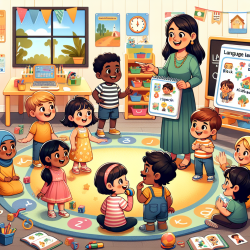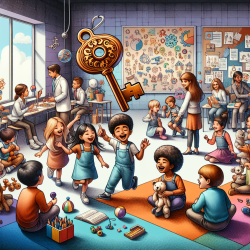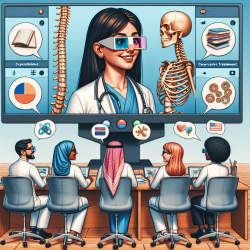The intricate relationship between age-related hearing loss and postural control is a growing area of interest for practitioners working with older adults. A recent study titled "Sensory Reweighting for Postural Control in Older Adults with Age-Related Hearing Loss" sheds light on this connection and offers valuable insights that can enhance therapeutic practices.
The Impact of Hearing Loss on Postural Stability
Age-related hearing loss is not just a matter of diminished auditory perception; it significantly affects balance and postural stability. The study highlights that individuals with hearing impairments tend to rely more on somatosensory inputs to maintain balance. However, this increased reliance is often ineffective due to the concurrent decline in somatosensory acuity that accompanies aging.
Sensory Reweighting: A Key Concept
Sensory reweighting refers to the body's ability to adjust the reliance on different sensory modalities—visual, vestibular, and somatosensory—to maintain balance when one modality is compromised. In older adults with hearing loss, this adjustment becomes crucial yet challenging due to the overall decline in sensory functions.
Practical Implications for Practitioners
For practitioners, understanding these dynamics opens up avenues for targeted interventions:
- Customized Balance Training: Incorporate exercises that enhance proprioceptive feedback and vestibular function to compensate for auditory deficits.
- Audiological Interventions: Encourage the use of hearing aids as they may improve static posture and overall balance by restoring auditory input.
- Sensory Integration Therapy: Use multisensory approaches to train the body to rely more effectively on remaining functional senses.
The Role of Further Research
The study encourages further exploration into how hearing aids might alter sensory weighting and improve postural control. Understanding the specific contributions of each sensory modality can refine therapeutic approaches, making them more effective for individuals with age-related hearing loss.










